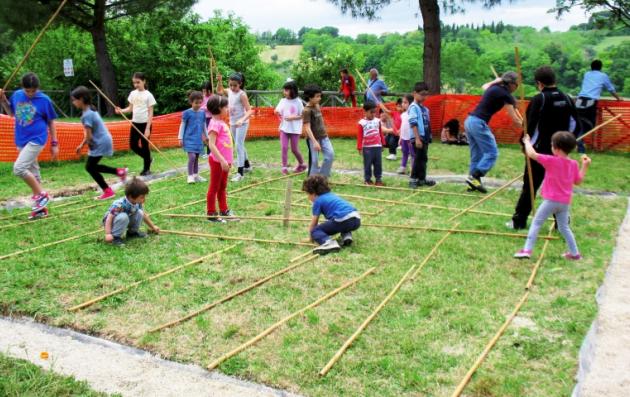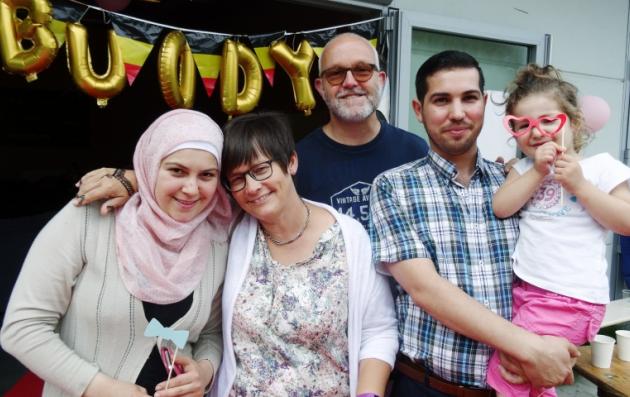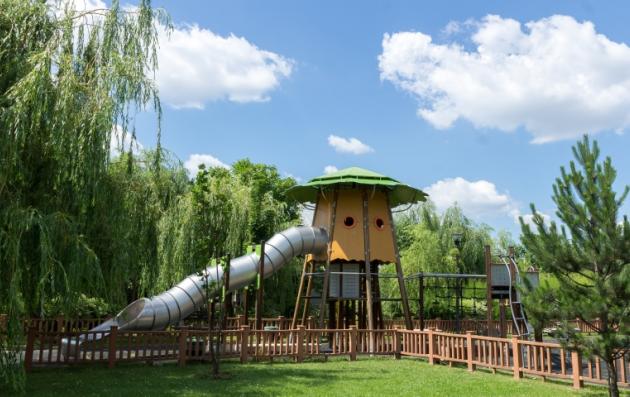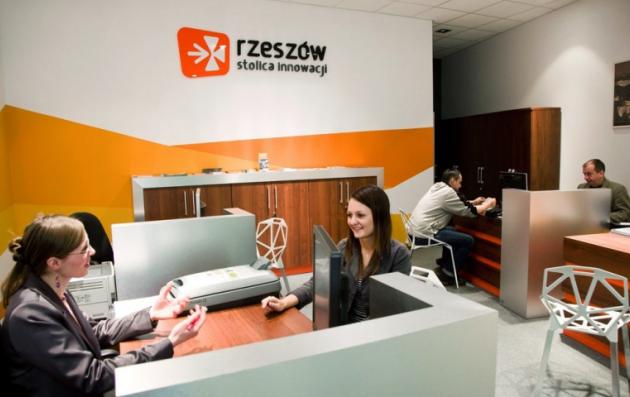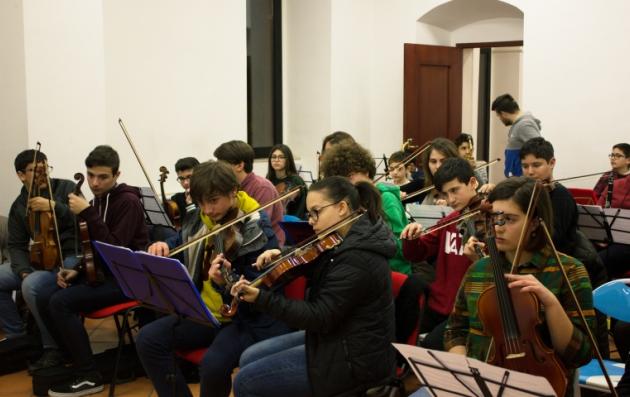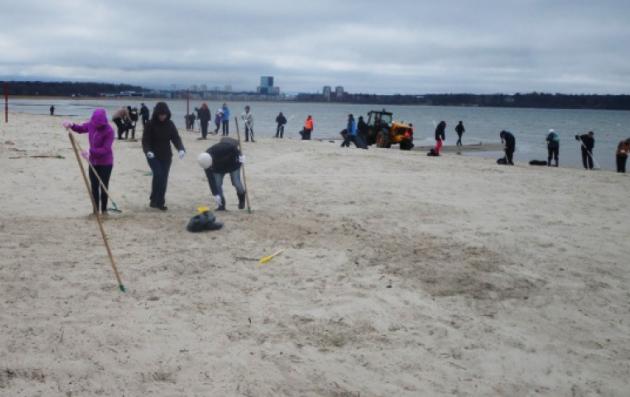Social clauses in public procurement procedures
Including social criteria in public recruitment procedures to help disadvantaged people access the labour market in Avilés
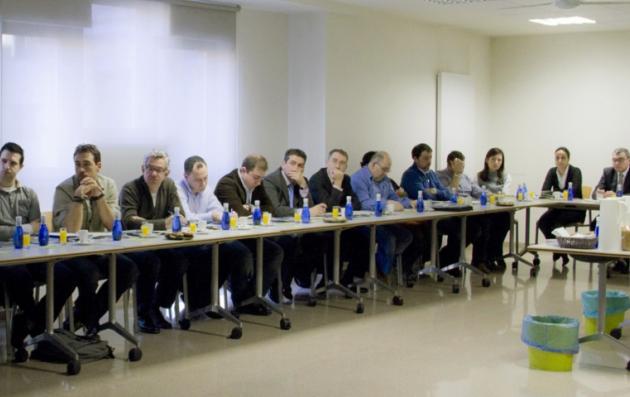
- Participative governance
Summary
Public procurement to help disadvantaged people to enter the labour market, has been the cornerstone of the Avilés City Council (ES) since 2009. A key tool is the Introduction of Social Clauses in Public Procurement Procedures, known by its Spanish acronym ICSA.
This tool envisages the possibility of introducing social criteria at various stages of the recruitment procedure, allowing the set-up of a quota for Special Employment Centres and Social Insertion Companies and introducing social criteria in the appraisal of tenders or as a further condition for executing bids. It also requires technical expertise on the subject matter of the contract. The Labour Accompanying Department is in charge of short-listing candidates as well as monitoring them at their workplace when job offers derive from social clauses included in the technical specifications of a public contract.
The solutions offered by the good practice
It turns passive policies into active policies for inclusion, contributing to social policies and economic sustainability, particularly in employability and socio-occupational issues. It has a direct economic impact, since many of the people hired are on costly subsidies and social security benefits. They stop receiving this financial aid upon their recruitment and, in turn, they become net payers who generate income for the Spanish Tax Agency while reducing social spending.
This is one of the best average cost/benefit rates, as the qualitative and quantitative impact on most vulnerable groups’ employment rate is high while startup costs are relatively low. The discrimination that still exists in the labour market can be combated through the programme's development and implementation.
This practice is the culmination of actions carried out by the Avilés City Council regarding education, training and employment. It can also serve as an example and be easily replicated in other territories. Moreover, regulating the introduction of social criteria and having specific procedures for recruitment and monitoring has helped overcome technical difficulties posed by municipal staff. This in turn allowed changing deeply rooted ideas and introducing new approaches more in tune with social responsibility.
Building on the sustainable and integrated approach
Because it does not entail allocating additional resources, it is a sustainable initiative. It aims at changing the behaviour of the economic agents involved in recruitment toward a higher social provision of goods and service. This raises awareness of more inclusive and sustainable development models. It contributes to the stability and survival of social economy enterprises, such as Special Employment Centres (SECs) and/or Social Insertion Companies (SICs).
By using market reserves, it is easier for these companies to access public contracting under advantageous conditions, so they can compete with companies which do not include social clauses and do not invest in social costs. Complying with the existing rules and regulations on public contracting, this innovative approach is focused on social integration, going beyond simply contracting works, services and supplies. It actually allows contracting a project related to socio-occupational inclusion of people in – or at risk of – exclusion. ICSA increases the profitability of public investment, boosting the development of initiatives including more equity in economy while contributing to combat social exclusion.
Based on a participatory approach
Avilés is facing up to challenges opened to dialogue and cooperates with different interest groups. Networking and establishing partnerships are the cornerstone of groundbreaking initiatives which are of great value for the territory and create future opportunities for citizens. The different stages for ICSA elaboration and development (external advice, establishment, testing and piloting) were the result of reflection, discussion, consensus and political and technical commitments for which municipal managers and the Welfare, Legal and Economic Departments worked together.
Moreover, the local government has led the introduction of social clauses into public contracting within the framework of two agreements (Avilés Avanza, Avilés Acuerda) and a network of territories (Retos). Through Avilés Avanza and Avilés Acuerda and by signing the agreements, the Avilés City Council along with business associations and trade unions commit themselves to introducing environmental and social criteria in public procurement.
The Plan de Acción Local de Empleo Juvenil (employment for youth plan), falling under the JOBTOWN Programme financed by URBACT, whose partnership was composed of youth associations, social agents, administrations, companies and educational centres, proved how important this practice was and how much it was needed in order to improve employability in Avilés’ population.
What difference has it made?
Four agreements were signed between the Avilés City Council and social and economic agents within the territory. Five legislative documents that helped ICSA to be launched were published. ICSA was presented as a good practice in several national and European conferences. Transfer of the experience to other cities is already executed and completed.
Social criteria have been introduced in 147 specifications for public contracting. Eleven contracts were reserved (eight for Special Employment Centres and one for a Social Insertion Company). Two contracts included Social Insertion Companies regarding Technical Solvency.
More than 500 people have been hired by the companies contracting with the Avilés City Council (the same people can be included in different situations): 279 women (66.4%), 88 people with disabilities (20.9%), 107 long-term unemployed (25.5%), 75 people over 45 years old (17.8%) and 39 immigrants (9.3%).
Tendering companies have assessed the programme positively. This initiative has gained recognition as a good practice.
Why should other European cities use it?
The major challenge facing European cities is unemployment, which increases the risk of inequalities and social exclusion. In this context, social participation becomes more and more important.
Participatory governance is a social obligation which is rapidly gaining ground. Both social agents and public administrations are more aware that economic development and successful policies must be achieved through cooperation and not solely in the public sector. Public procurement in the EU is estimated between 12% and 15% of the member States’ GDP, reaching 50% in some municipalities. Local governments’ procurement spending is significantly higher and therefore it increases the investment in social growth and cohesion.
The introduction of social criteria in public procurement procedures is an inclusive and sustainable approach that contributes to more attractive and cohesive cities while promoting the building of human capital and combating inequalities.
The policies meet the headline targets of the European 2020 Strategy for inclusive cities. Since ICSA's inception, several cities and public administrations have requested the support of the Avilés City Council. In fact, after ICSA was presented in national and international conferences, other cities have shown interest in undertaking similar initiatives as long as they are properly supported.
-
235_Aviles_Gpsummary.pdf(PDF, 10Ko)



